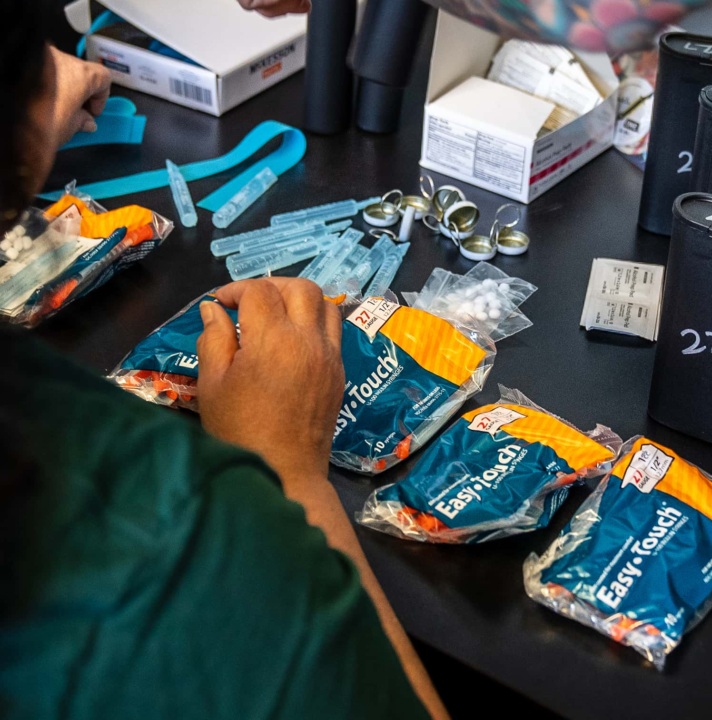
Protecting People and Saving Lives from Overdose.
The Drug Policy Alliance works to reduce harms associated with both drug prohibition and drug use. We have long advocated for solutions to the overdose crisis. Our work has widely expanded harm reduction services at local, state, and federal levels. Now our focus is federal reform and overdose prevention centers.
